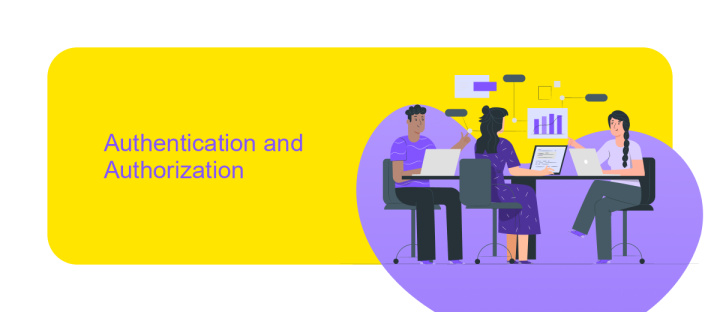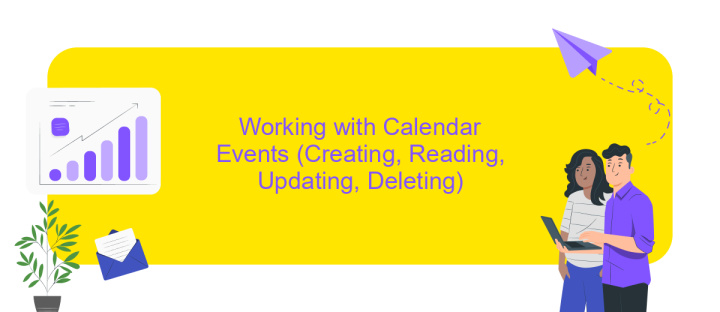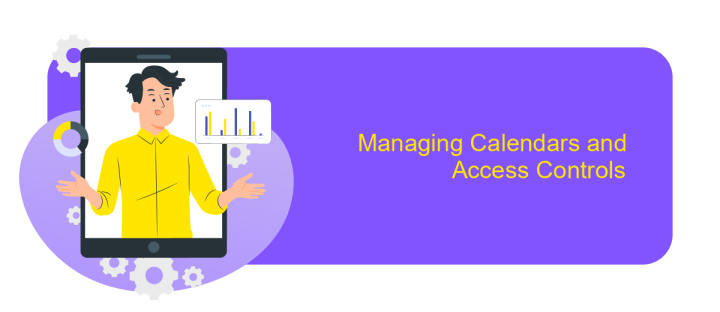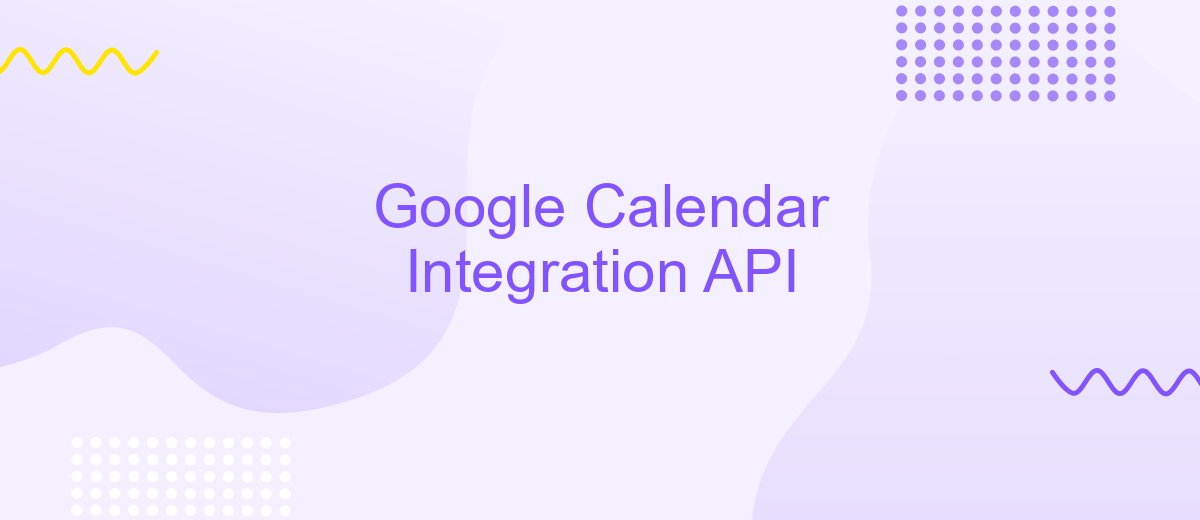Google Calendar Integration API
The Google Calendar Integration API offers developers a seamless way to incorporate calendar functionalities into their applications. By leveraging this powerful API, developers can enable users to create, view, and manage events directly from their apps. This integration enhances user experience by providing real-time synchronization and notifications, ensuring that users stay organized and up-to-date with their schedules effortlessly. Discover how to streamline your app's functionality with Google Calendar Integration API.
Introduction to the Google Calendar Integration API
The Google Calendar Integration API offers developers a robust platform to seamlessly incorporate calendar functionalities into their applications. This API facilitates the management of events, scheduling, and notifications, providing users with a streamlined experience. By leveraging this API, developers can enhance user engagement and productivity by integrating calendar features directly into their software solutions.
- Access and manage Google Calendar events programmatically.
- Enable real-time synchronization across devices and platforms.
- Automate event creation, updates, and deletions.
- Support for reminders and notifications to keep users informed.
- Customizable permissions to ensure data security and privacy.
Utilizing the Google Calendar Integration API, developers can build applications that offer enhanced scheduling capabilities, whether for personal use or enterprise-level solutions. Its comprehensive documentation and support make it accessible for both novice and experienced developers. By integrating this API, applications can provide users with a cohesive and efficient calendar management experience, aligning with Google's ecosystem and enhancing overall functionality.
Authentication and Authorization

To access the Google Calendar Integration API, it is essential to authenticate and authorize your application. Begin by setting up a project in the Google Cloud Console, where you will enable the Calendar API and create OAuth 2.0 credentials. These credentials, specifically the client ID and client secret, are crucial for the authentication process. Your application will use these credentials to request access tokens, allowing it to interact with the Google Calendar on behalf of the user securely.
Once you have obtained the access token, your application can make authorized API requests. To streamline this process, consider using integration services like ApiX-Drive, which can simplify the authentication setup and manage token refresh cycles. ApiX-Drive offers user-friendly interfaces and automation tools, making it easier to connect and maintain your Google Calendar integrations without extensive coding. This approach ensures your application remains compliant with Google's security standards while providing seamless calendar functionalities to your users.
Working with Calendar Events (Creating, Reading, Updating, Deleting)

Integrating Google Calendar API allows developers to manage calendar events effectively. By leveraging this API, you can create, read, update, and delete calendar events seamlessly. This integration is essential for applications that require scheduling functionalities, offering users a streamlined experience.
- Create Events: Use the API to add new events to a calendar. Specify details like event title, time, location, and attendees.
- Read Events: Retrieve existing events by querying the calendar. Filter events based on date, time, or specific criteria to display relevant information.
- Update Events: Modify event details as needed. This includes changing the event time, updating the location, or adding more attendees.
- Delete Events: Remove events that are no longer needed. Ensure that deletions are handled carefully to avoid data loss.
By mastering these operations, developers can build robust applications that enhance user productivity. Proper implementation ensures that users can manage their schedules efficiently, reducing the risk of conflicts and missed appointments.
Managing Calendars and Access Controls

Google Calendar Integration API provides robust features for managing calendars and controlling access. Developers can create, update, and delete calendars programmatically, enabling seamless integration with various applications. This flexibility allows businesses to automate scheduling processes and enhance productivity.
Access control is a critical aspect of calendar management, ensuring that sensitive information is protected while still accessible to authorized users. The API allows developers to set permissions for individual users, granting them varying levels of access such as read-only or full control. This ensures that only the right people can view or modify calendar events.
- Create and manage multiple calendars for different purposes.
- Set and modify access permissions to control who can view or edit calendars.
- Automate calendar updates and notifications for streamlined workflows.
- Integrate with other Google services for enhanced functionality.
By leveraging these capabilities, organizations can optimize their scheduling and resource management processes. The Google Calendar Integration API not only simplifies calendar management but also enhances collaboration by ensuring that all stakeholders have the appropriate level of access to necessary information.


Advanced Features and Best Practices
Leveraging the advanced features of the Google Calendar Integration API can significantly enhance your application's functionality. One such feature is the ability to implement real-time updates using push notifications. By subscribing to changes in calendar events, your application can receive instant updates without the need for constant polling, thus improving efficiency and user experience. Additionally, the API allows for complex event management, including the creation of recurring events and the ability to handle multiple time zones, ensuring that your application can cater to a global audience seamlessly.
For optimal integration, it's crucial to follow best practices. Ensure that your application handles authentication securely, utilizing OAuth 2.0 for authorization. Efficient error handling and logging are also essential to identify and resolve issues promptly. Consider using services like ApiX-Drive to streamline the integration process, as it provides tools to connect Google Calendar with various other applications effortlessly. By adhering to these practices, you can create a robust and reliable integration that maximizes the capabilities of the Google Calendar API.
FAQ
What is the Google Calendar Integration API?
How can I authenticate with the Google Calendar API?
Can I integrate Google Calendar with other applications without coding?
What are the rate limits for the Google Calendar API?
How can I receive notifications for changes in my Google Calendar?
Time is the most valuable resource for business today. Almost half of it is wasted on routine tasks. Your employees are constantly forced to perform monotonous tasks that are difficult to classify as important and specialized. You can leave everything as it is by hiring additional employees, or you can automate most of the business processes using the ApiX-Drive online connector to get rid of unnecessary time and money expenses once and for all. The choice is yours!

